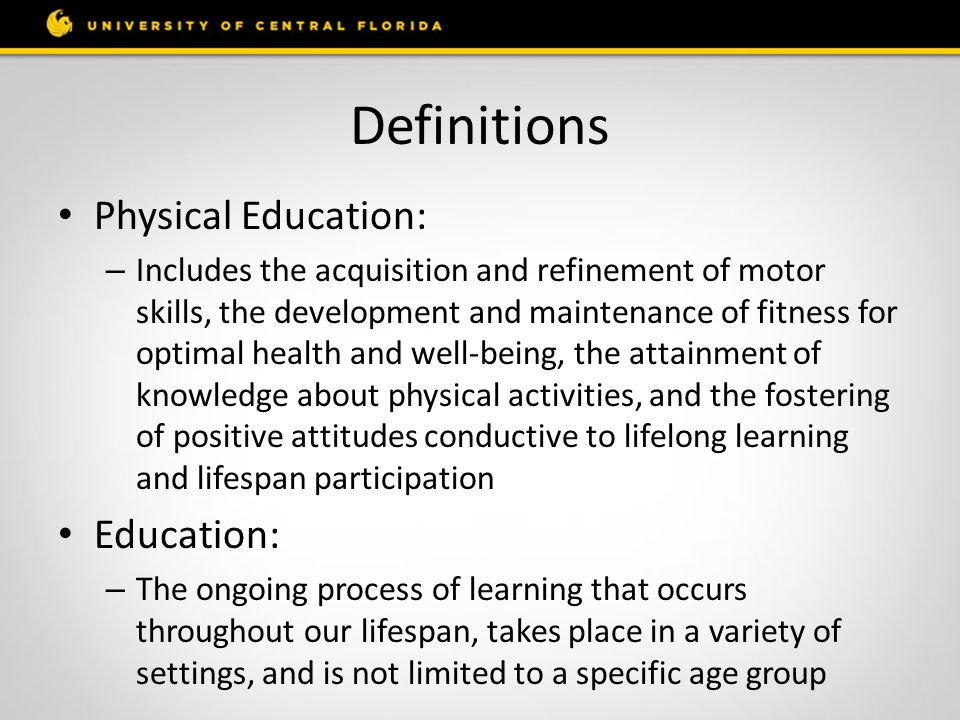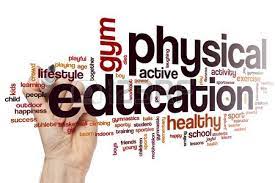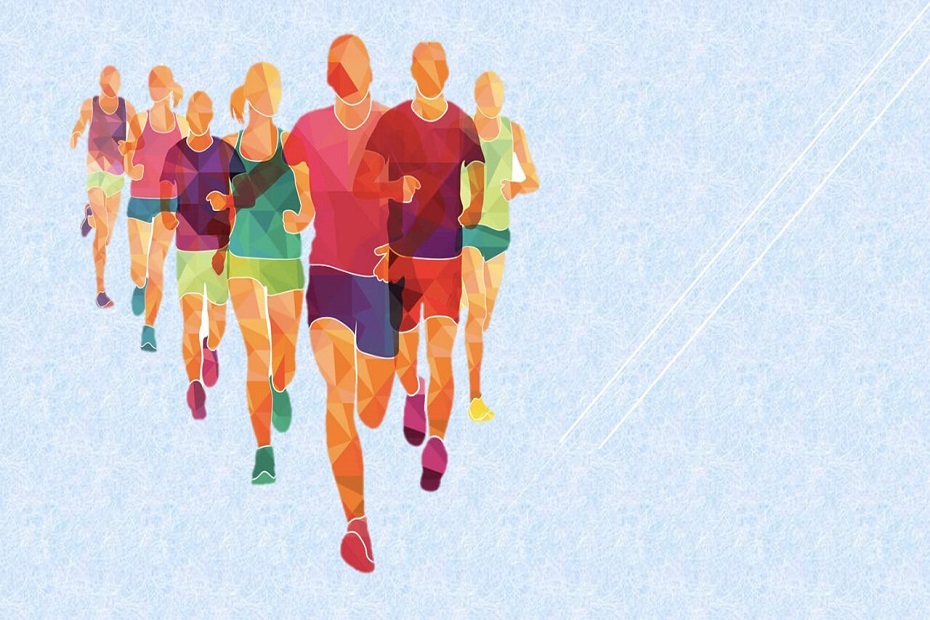Physical education (PE) is a discipline that focuses on the development of physical fitness, sports skills, and overall health and well-being through a variety of physical activities such as sports, exercise, and games. Physical education aims to educate individuals on how to adopt and maintain an active and healthy lifestyle throughout their lifespan.
The importance of physical education can be viewed from various perspectives, including:
- Physical health: Physical education helps to improve and maintain physical fitness, cardiovascular health, flexibility, muscular strength, and endurance. It also helps to prevent and manage various health conditions such as obesity, diabetes, and heart disease.
- Mental health: Physical education promotes mental well-being by reducing stress, anxiety, and depression. It also helps to improve self-esteem, self-confidence, and social skills.
- Academic performance: Studies have shown that physical activity and fitness have a positive impact on academic performance. Regular participation in physical education classes can improve concentration, memory, and cognitive function.
- Lifelong habits: Physical education teaches individuals about the importance of regular physical activity and healthy lifestyle choices, which can help to establish lifelong habits that promote good health and well-being.

Overall, physical education plays a vital role in promoting overall health and well-being, and it is essential for individuals of all ages to engage in regular physical activity for optimal health.



